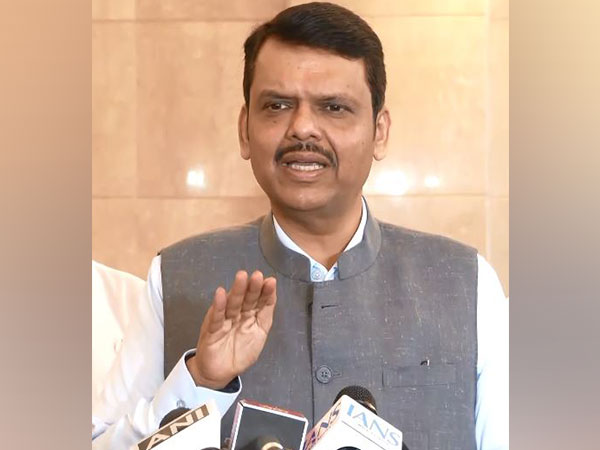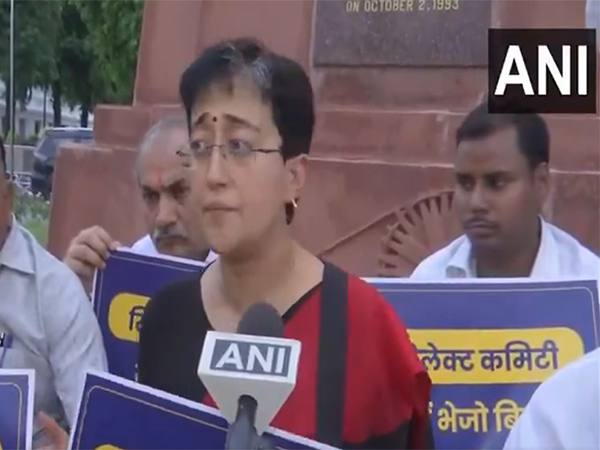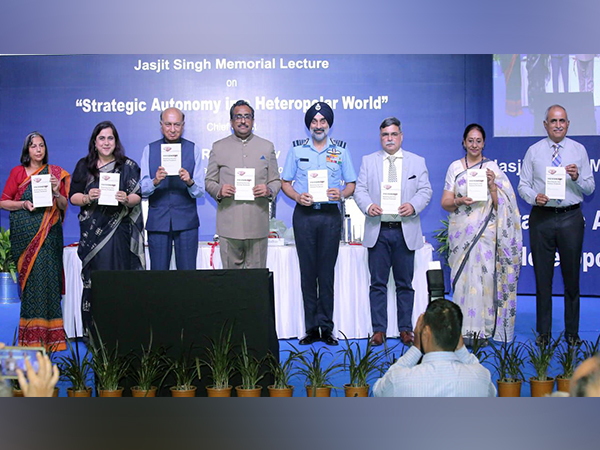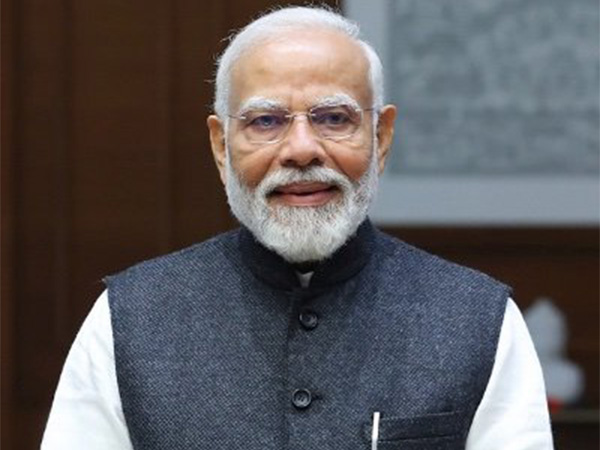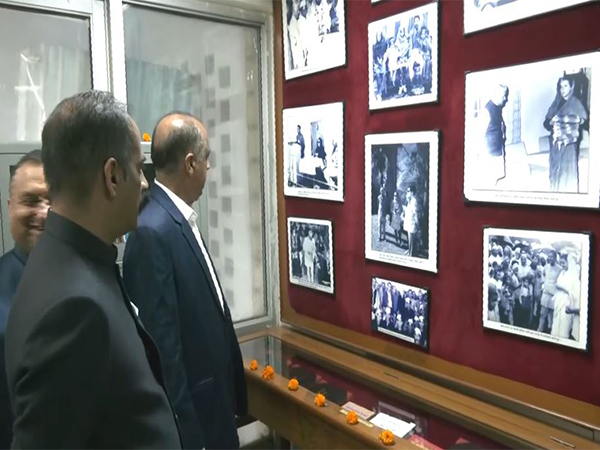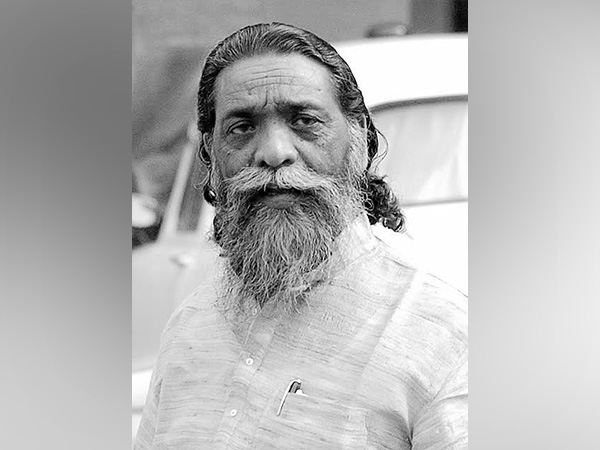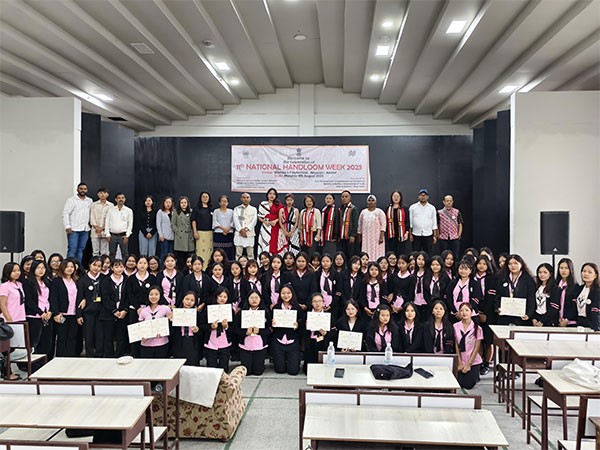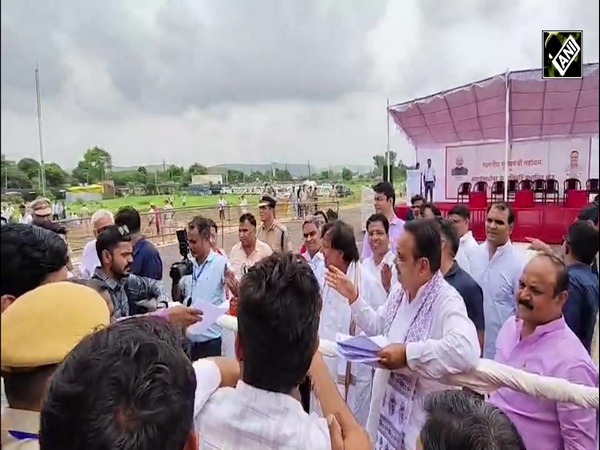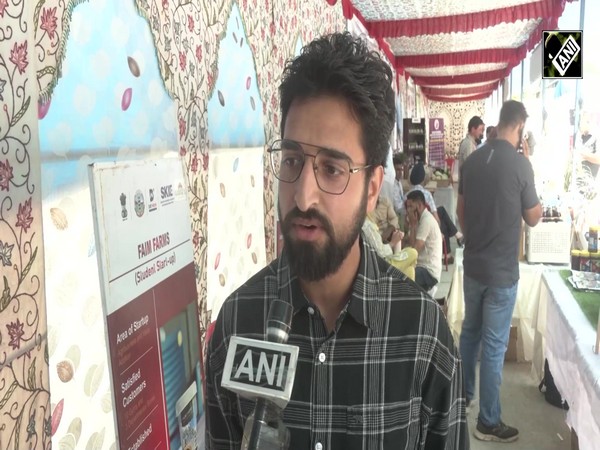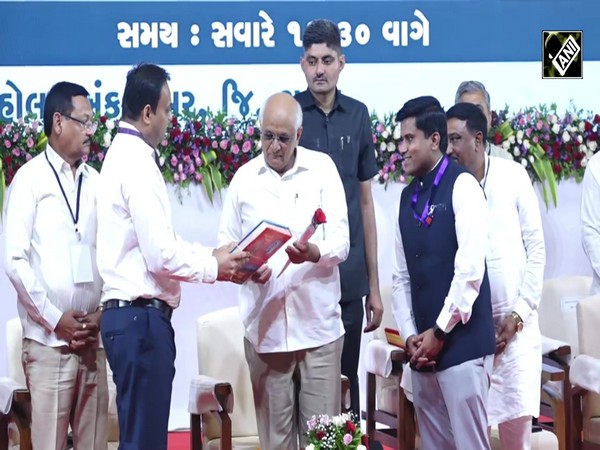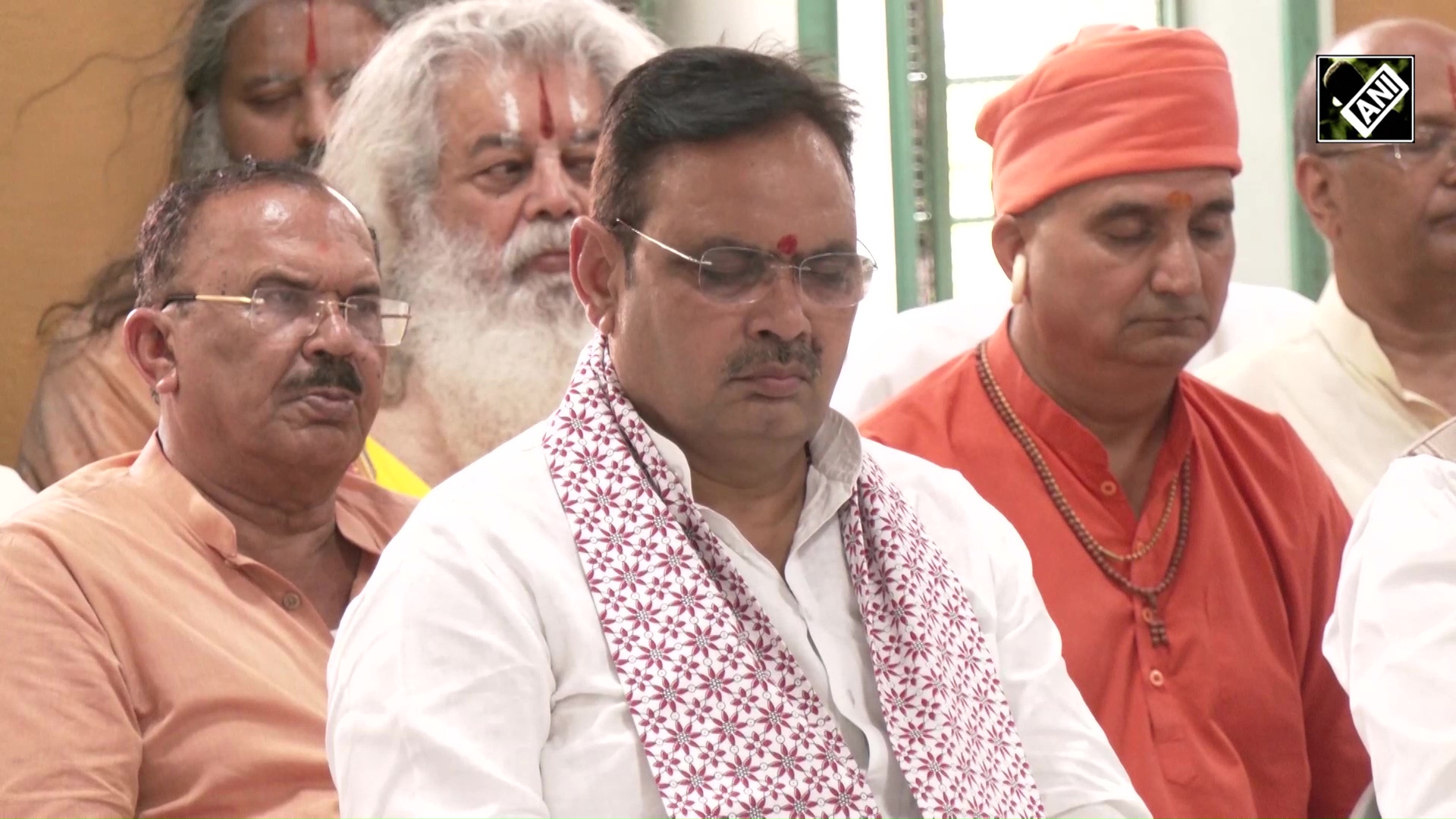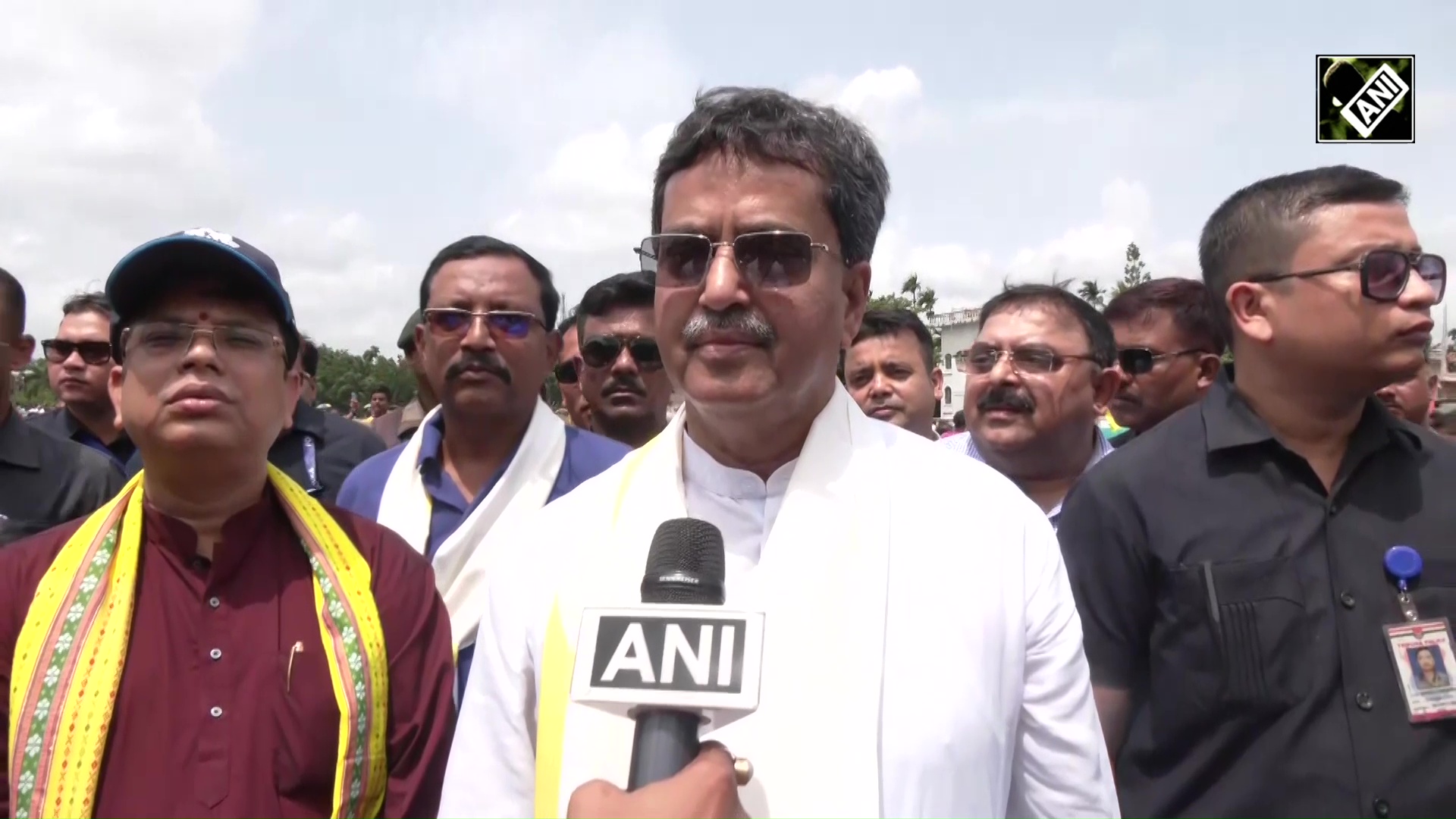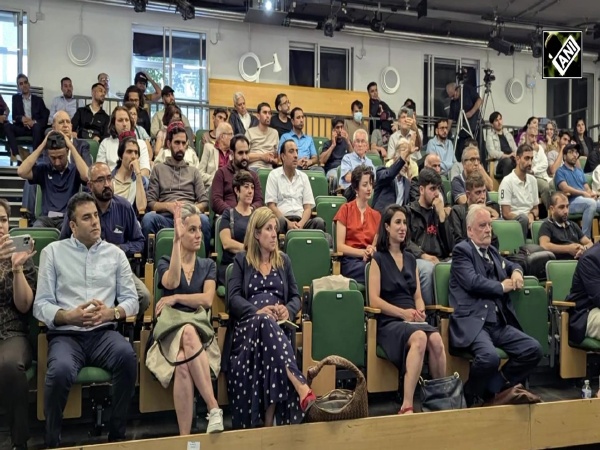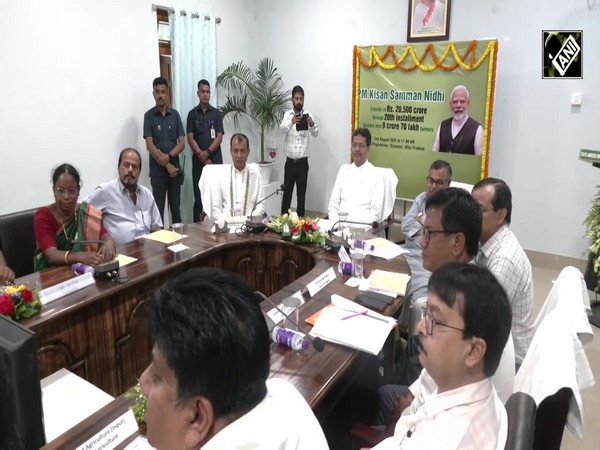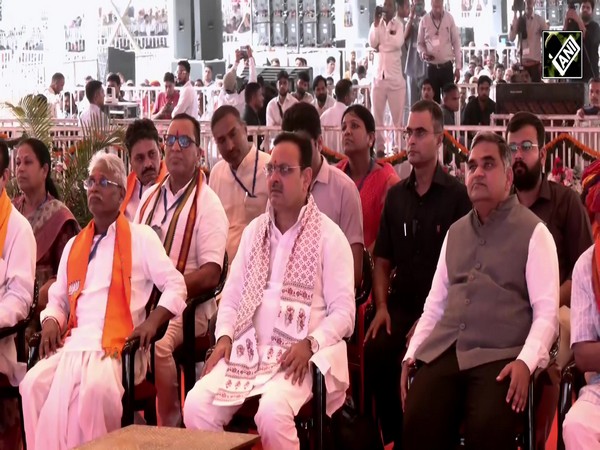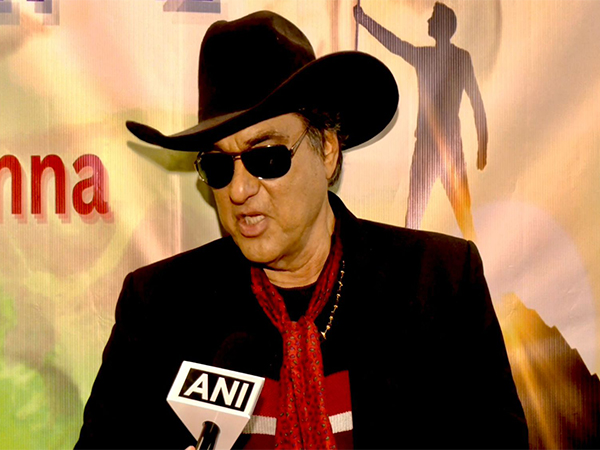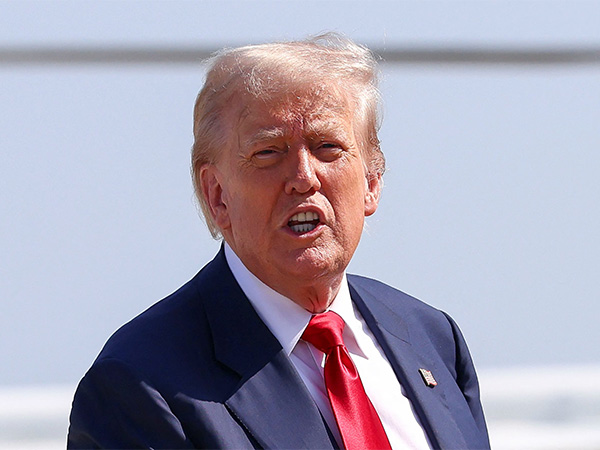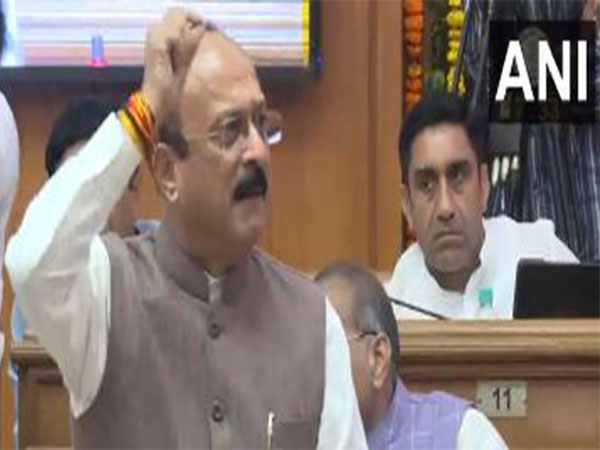
Delhi govt tables bill to curb commercialisation of education, regulate private school fees
Aug 04, 2025
New Delhi [India], August 4 : Education Minister Ashish Sood on Monday tabled the "Delhi School Education (Transparency in Fixation and Regulation of Fees), Bill, 2025" in the Delhi Assembly, stating that the legislation seeks to end commercialisation of education and take action against those exploiting it for profit.
The proposed law aims to regulate the arbitrary fee hikes by private schools in the national capital, providing relief to lakhs of students and their families.
"Education is not a thing to be sold. This bill aims to halt the commercialisation of education. We are bringing the bill to take action against those mafias who are selling education..." Sood said while tabling the bill.
The Bill was tabled on the first day of the Monsoon session of the Eighth Legislative Assembly, which commenced on Monday and will continue until August 8. However, the session may be extended depending on the exigencies of legislative business.
In a separate statement, the Delhi Education Minister said, "Today, I have come here with a permanent solution to the problems faced by millions of parents and children in Delhi, and to a legacy issue that has been ignored for decades."
Sood stated that education is "a sacred duty -- a duty we must fulfil for the progress and prosperity of our motherland." He emphasised that the aim of education should not be 'earning', but rather 'learning' and nation-building.
"This bill is a small effort on our part to honour Dr. Mukherjee's vision and to ensure that education does not become a burden on the people of India, but instead becomes a path leading them to a better future," he said.
Giving historical references, he discussed how the central government has resolved long-standing legacy issues over the decades, such as the Ram Mandir, Chenab Bridge, Article 370, and electrification of every village.
He stated that the Delhi government is now also "focused on resolving the capital's old and complex issues, one of the most important legacy issues being the continuously rising fees of private schools."
"This is not a recent problem, but a question that has troubled Delhi's parents for many decades," he clarified.
He mentioned the declining quality of the government education system over the past years, the significant shortage of schools, and how increasing private school fees have caused financial and mental difficulties for parents.
Taking a jab at previous governments, he said, "Earlier governments repeatedly issued only namesake orders -- but they either feared or colluded with education mafias... There were neither audits nor records; everything was run on an ad-hoc basis."
He stated that during its tenure, the (AAP) government built only 20 new schools, while approvals for other schools were granted during previous administrations.
Key Provisions of the Bill:
This bill applies to all private, unaided, recognised schools in Delhi.
Every school must submit its proposed fees for three years in advance; revision is permitted only once in three years.
There will be a three-tier regulation and appeal committee system at the school, district, and state levels.
Criteria for fee determination: infrastructure, staff salaries, annual increases, but mandatory prevention of profiteering.
All schools must publicly disclose financial records and proposed fees.
Unlawful fee hikes will attract fines between Rs 100,000 and Rs 1,000,000; repeated offenses will double or triple the penalty. Expelling or humiliating a student for this - Rs 50,000 per student.
Repeated violations may result in cancellation of the school's recognition or even government takeover.
If a dispute is pending, the school can only collect fees at the previous year's rate.
"This Bill not only creates a transparent and accountable system but also safeguards the interests of children, parents, and schools -- all stakeholders," the minister stated.
"This bill is truly a bottom-up approach, giving parents a role in the decision-making process for the first time --' Government of the people, by the people, for the people,'" he added.
